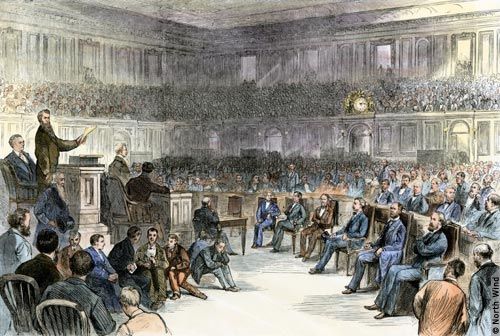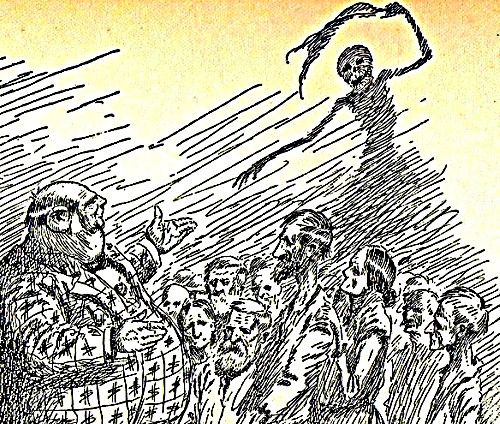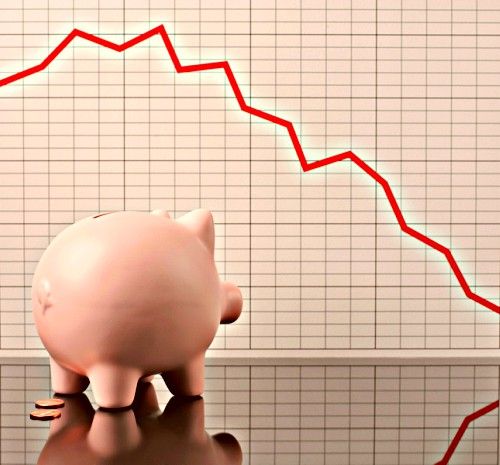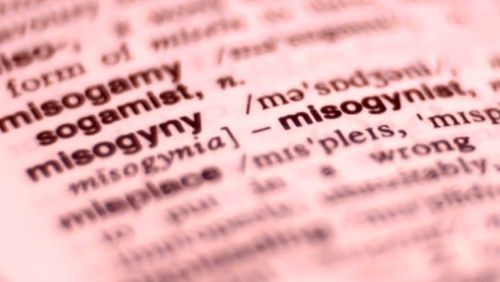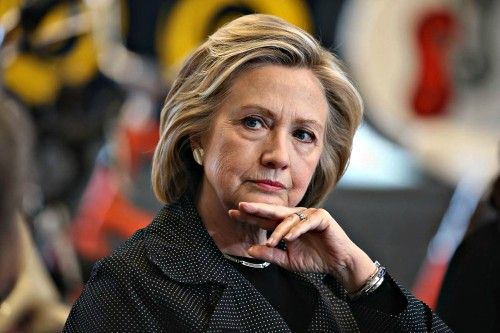
Something very strange happened in the 24 hours following the election. Going in, everyone on Wall Street “knew” that Hillary Clinton would win. It is an old adage that Wall Street hates surprises, so everyone also “knew” that the stock market would get clobbered if Trump somehow won by mistake. Indeed, as the results became known, markets in first Asia and then Europe plunged. Futures for the US stock market began to predict a brutal day for American stocks as well. But, as 9:30 AM November 9 approached, (which marked the opening of the US stock market), European markets and US futures began to recover strongly. In fact, US stocks as measured by the S&P 500 index not only rose strongly that day, but they have gone on a tear ever since, in what has come to be called “the Trump rally”. Literally overnight, the market went from fear and despair to euphoria. Euphoria is something Wall Street is very good at, but it usually ends badly. So call this my year end forecast edition.
Before I look forward, however, I should provide some background. It is vital to keep in mind that the stock market is not the economy. In the best example of this, when companies merge or lay off workers for any reason at all, unemployment increases, which then reduces consumer spending and thereby hurts the economy over a longer period of time than most people appreciate. But an announcement of a merger or layoffs almost always boosts the price of a stock, because profits increase. What is good for stocks more broadly can also be bad for the nation, so a new law or president that greatly weakens the EPA for example increases the profits of companies that pollute, but it means poisonous air and water for the rest of us. Given this, you might expect that voters would reject any candidate that Wall Street liked, and indeed there are some progressives who vote that way. But that ignores that fact that Wall Street is not monolithic. Individuals like George Soros may be hedge fund billionaires, but they recognize that, over time, progressive causes are good for the country and the markets.
You also can not say that voters are going against their own economic interests without thinking about the 401(k). Today, it is easy to think that 401(k)s have always existed. In fact, however, they are named for a section of the tax code in a 1978 law, and they only took off after a rule interpretation in 1981. Look at a graph of income inequality, and you will see that our current situation has its roots around this time. Yes, Reagan’s tax policies also made a big difference, but 401(k)s have made a big difference in our politics. Before the 401(k), companies provided retirement benefits through defined benefit plans. This meant that you were guaranteed a pension that grew predictably over time, no matter what the stock market did. The 401(k) is another matter, and it has replaced completely the old defined benefit plans for most workers. With a 401(k), you contribute to the plan with an employee match, but how it grows is entirely based on how the stock market performs. I’m simplifying somewhat, since most 401(k)s also offer money market and bond options, but the big gains are to be had in the stock funds offered. The greater risk is also to be found in these funds, but too few people appreciate that. What’s important is that 30 years on, voters now have to weigh the health of the nation against the possible impact on their retirement funds. The Trump rally is good for Wall Street traders, but it is also good for your 401(k).
This, of course, is short term thinking, but that is how many people vote. Retirement planning done properly however involves thinking in the long term. Policies that provide a social safety net and help share the wealth throughout society boost consumer spending over time, thereby creating jobs, which create more consumer spending. On the other hand, policies such as tax cuts for the rich and assaults on safety net programs concentrate wealth in the hands of a few, reducing both employment and consumer spending over time. This is ultimately bad for stocks and corporate profits, which is why the market consistently performs better during Democratic presidencies than Republican ones. And the difference is not small.
The Trump rally is short term thinking at its finest. After the initial panic, analysts began drool of the prospect that expensive regulations would be swept away by the new president and the Republican congress. Healthcare companies and insurers expect increased profits as the Affordable Care Act gets kneecapped. That means they will pay less and we will pay more for healthcare. The demise of environmental regulations is expected to be profitable for polluters in raw material industries. Military contractors look forward to a new arms race with Russia. Investing in general and the mortgage industry in particular will see a return to the casino environment that preceded the 2008 financial crisis. But the most absurd part of the Trump rally is the idea that Trump’s infrastructure plans will mean a huge increase in government spending. In fact, Hillary Clinton’s infrastructure proposals would have had that effect, but Trump is talking about tax incentives and privatizing things like toll roads and bridges, many of which are currently free. Initially, companies will reclassify existing projects wherever they can to get the tax benefit, diluting the power of these programs to create jobs. Over time, the new toll roads and bridges will be a burden on drivers, and therefore a drain on consumer spending. So, once again, your 401(k) may benefit in the short term, but the economy will suffer in the long term. Actual infrastructure spending by the government would never pass in this congress, even if that was what Trump had in mind.
So, here is my stock market prediction for the Trump presidency. In 2017, we will be operating under the last Obama budget, and many of our current laws will still be in effect. The economy will continue to create jobs for which Trump will try to take credit, but in reality job growth will slow as Trump’s changes begin to take effect. The stock market will drop somewhat in January as the current rally stalls, but the market will be up slightly at year end. In 2018, we will begin to see the full effect of Trump’s policies. From that point to the end of his presidency, the market will fall. We will see a new recession by 2020, the severity of which will depend on whether the Democrats can gain control of the Senate in 2018 and curb some of Trump’s worst impulses. The market will also fall if Trump finds a way to get himself impeached. That seems likely when you consider his contempt for our system of laws and the Constitution. So over all, voters can look forward to four lost years for their 401(k) plans.


